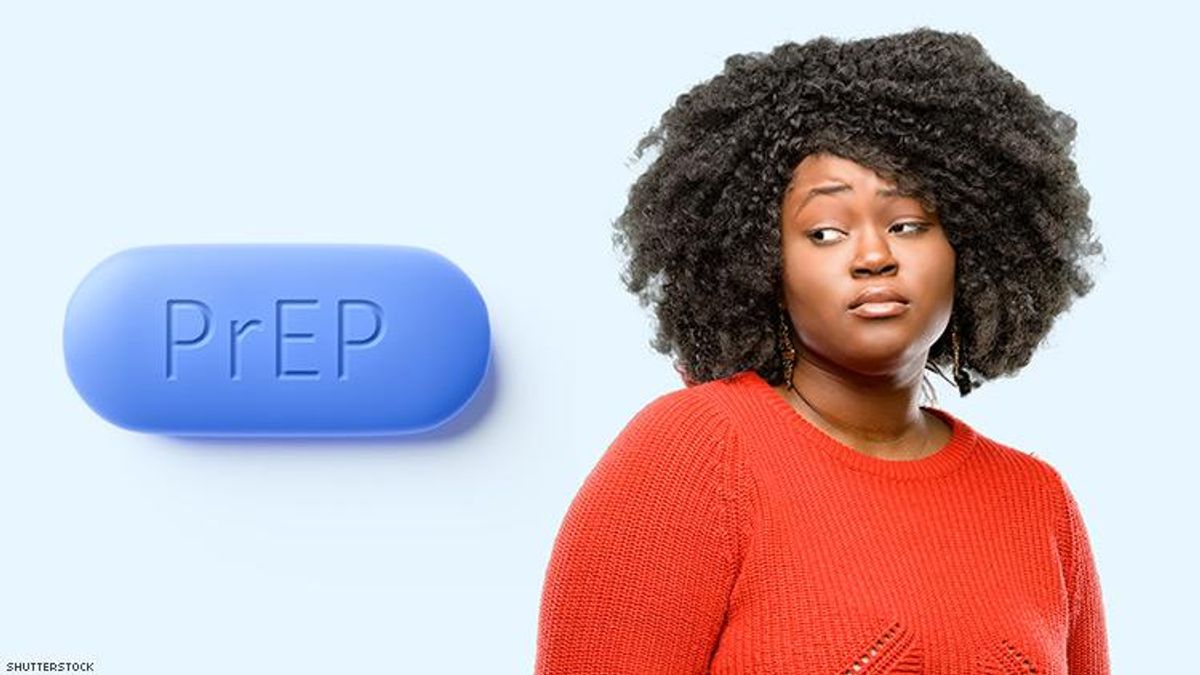Stigma
One Third Of American Women Have Negative Views On PrEP

Slut shaming and HIV stigma still surround taking the drug.
September 05 2018 11:38 AM EST
By continuing to use our site, you agree to our Privacy Policy and Terms of Use.

Slut shaming and HIV stigma still surround taking the drug.
According to a survey conducted by Planned Parenthood in Connecticut although less than a quarter of women attending their clinics were aware of pre-exposure prophylaxis (PrEP), most expressed positive views however, “One third of respondents endorsed the view that people would assume they were promiscuous or were in fact HIV positive if they took PrEP; two-thirds said that they would expect their sexual partners or family members to approve of their taking PrEP and three-quarters said their friends would be supportive.”
This is optimistic since the two-thirds that viewed it positively were the ones who may need it most, “23 percent of the women had heard of PrEP and only 21 percent regarded themselves as being at any degree of HIV risk. This is despite the fact that 29 percent reported sex with multiple partners, and 90 percent reported using condoms inconsistently or not at all. Interestingly, the strongest negative stereotypes of PrEP were held by women who never used condoms.”
Interestingly, “the negative attitudes towards PrEP in women using condoms were unlikely to be fueled by greater risk and therefore greater anxiety about HIV, because all other indicators of HIV risk were associated with positive attitudes towards PrEP. In other words, as surveys with gay men have also shown, people at higher risk of HIV tend to be more interested in PrEP.”
The Planned Parenthood survey showed that “interest in PrEP was associated with having below degree-level education, having multiple sexual partners, not having a confirmed HIV-negative monogamous partner, not being white, and being in the lowest income band (below $10,000 a year). Intention to use PrEP was associated with all these factors, as well as younger age.”
They concluded, “Difficulty in talking to a healthcare provider about PrEP was anticipated by 43 percent of the women. This was more likely to be reported by Latina and heterosexual women, maybe because non-heterosexual women already have more experience in talking to clinicians about issues of sexuality.”